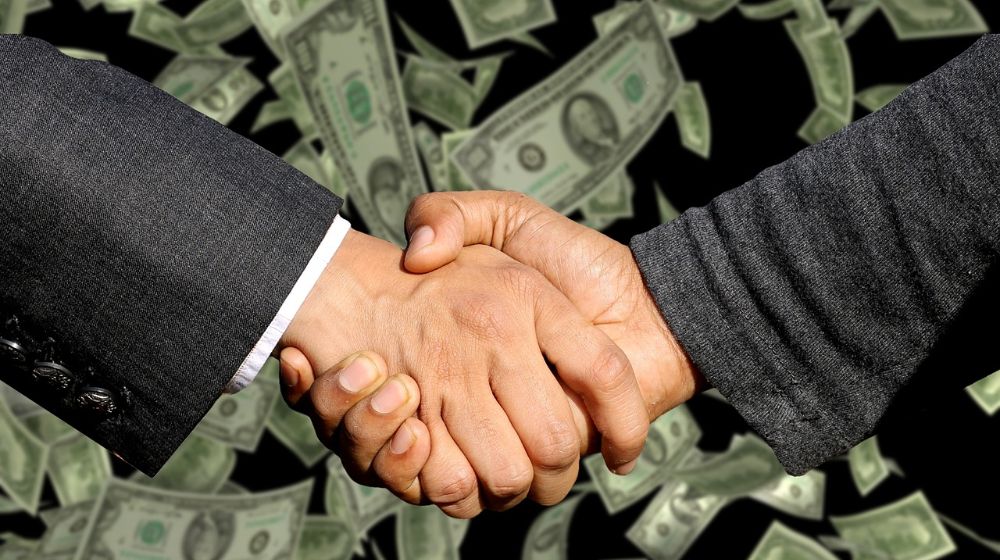Business
Bayer’s Acquisition Of Monsanto Creates Mega-Company Covering Pharmaceuticals, Health Products, And Pesticides

Bayer, one of the world’s largest pharmaceutical manufacturers, just announced a takeover of Monsanto, the world’s largest seed and pesticide company. What’s the reasoning behind the acquisition? And what does this mean for both companies?
Bayer's Acquisition Of Monsanto Creates Mega-Company Covering Pharmaceuticals, Health Products, And Pesticides
Bayer has twice before attempted to buy Monsanto. This time, the bid went up to $66 billion. And Monsanto’s board said yes. Bayer is even buying Monsanto’s $10 billion debt.
Why is Bayer so insistent?
Monsanto is the world’s leader in seeds and crop genes. Bayer is big pharma. They invented aspirin. Bayer makes everything from Claritin to Aleve to Advantage for pets. They even make one-a-day vitamins.
But did you know Bayer is also one of the world’s largest suppliers of pesticides?
More than 25% of Bayer’s total revenue in 2015 came from pesticides. Now, they’re swallowing the competition. Monsanto is the industry leader in genetically modified seeds and crops. In theory, this would forge a new agricultural force. Bayer looks to be making a play towards high-tech crops in the agriculture space. As the world population continues to grow, that’s not a bad play.
But in reality?
This deal probably is not going to happen.
Because Bayer is based in Germany and Monsanto in the U.S., and because of the different areas of industry, the acquisition would have to be approved by 30 different regulatory agencies, including antitrust enforcers. Because of the recent super-mergers of companies within the same space, such as Dow Chemical Co. and DuPont Co., and Swiss pesticide giant Syngenta AG with China National Chemical Corp., regulators are on edge. Additionally, Monsanto faces ongoing public outcry in the US from fears of genetic modification of plants and what that does to the environment and to consumers as a whole.
Monsanto CEO Hugh Grant told reporters on a conference call that overall, “I think it’s a very clean deal.”
However, investors don’t seem to agree. While the news was announced Wednesday, Monsanto (MON) shares are actually DOWN almost 2.5 percent. If the deal fails to go through, Bayer will still pay Monsanto $2 billion.
For now, don’t plant any seeds of hope. If a deal goes through, it won’t be for many months.
Stick with the market on this one and steer clear.
More from The Capitalist
Under Armour Tackles High-End Fashion
Obamacare’s Risk-Corridor Short $2.5 Billion in 2014, With 2015 Looking Bleak; Bailout Imminent?
The statements, views, and opinions of any article, contribution, editorial, or advertisement in this publication are not necessarily those of The Capitalist or its editorial staff, and are not considered an endorsement, sponsorship, or recommendation of any referenced product, service, issuer, or groups of issuers.
This publication provides general information about certain subjects, and should not be construed or taken as advice (legal, financial, investment, tax, or otherwise). Do not construe or take any information in this publication as a solicitation, offer, opinion, or recommendation to buy or sell any securities, bonds, or other financial instruments or to provide any legal, financial, investment, tax, or other advice or service about the suitability or profitability of any financial instruments or investments.




